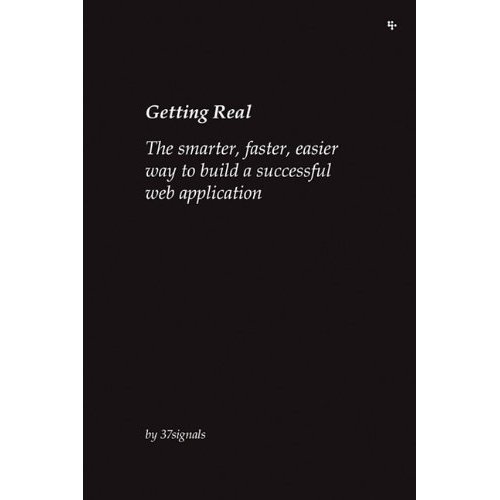In my last post, I discussed a number of the key takeaways I learned from the 37 Signals book Getting Real. There were a few concepts that I did not mention in my last post, because I thought they merited a separate entry. For example, 37 Signals recommends judging potential technology hires based upon their open source contributions. Using open source provides an unparalleled level of transparency that cannot be achieved by placing reference calls, reviewing prior work samples and verifying educational history. As I was reading this essay, I could not help but think that one should apply the same principle with marketing personnel, especially for roles which require content creation.
Here is an excerpt from Getting Real Chapter 8 – Actions Not Words.
Judge potential tech hires on open source contributions
“The typical method of hiring for technical positions — based on degrees, resumés, etc. — is silly in a lot of ways. Does it really matter where someone’s degree is from or their GPA? Can you really trust a résumé or a reference?
Open source is a gift to those who need to hire technical people. With open source, you can track someone’s work and contributions — good and bad — over a lengthy period of time. That means you can judge people by their actions instead of just their words. You can make a decision based on the things that really matter:
Quality of work – Many programmers can talk the talk but trip when it comes time to walk the walk. With open source, you get the nitty gritty specifics of a person’s programming skills and practices.”
The authors also cite examples of cultural perspective; level of passion; completion percentage and social match.
So why not apply this same type of principle to marketing professionals? In the Web 2.0 world anyone tasked with writing content should have an online presence already. Thought leaders, in particular, should have various types of content on various channels – blog posts on WordPress; e-Books on ChangeThis; podcasts on iTunes; videos on YouTube; presentations on SlideShare; microblogs on Twitter; or lenses on Squidoo. Reviewing original content authored or created by your marketing candidate can provide invaluable insights into their true skills that reference calls, portfolio examples or detailed resumes cannot.
What I would look for are:
- Presentation Skills – How eloquent and articulate is the candidate when speaking on podcasts interviews? How do they present themselves in videos? Do they talk too fast or slow? Do they grab your attention?
- Writing Skills – Blogs offer an unparalleled level of transparency to writing skills. Unlike white papers and collateral brochures, which are often extensively edited by a communications professional, blogs are raw content produced by the author. Even though blog content is less formal, it provides a true measure of an individual’s writing skills.
- Content Quality – How does the candidate organize their thoughts? Are they able to present a compelling case for their opinion? If they delivered a presentation or webinar then how was the quality of the slides? Were they overly complex and detailed or too high level and abstract?
- Subject Matter Expertise – Reviewing online content enables one to easily size up a candidate’s domain expertise in a particular business process or vertical industry. Similarly, you can gain an appreciation for an individual’s true understanding of technology or aptitude to learn it.










